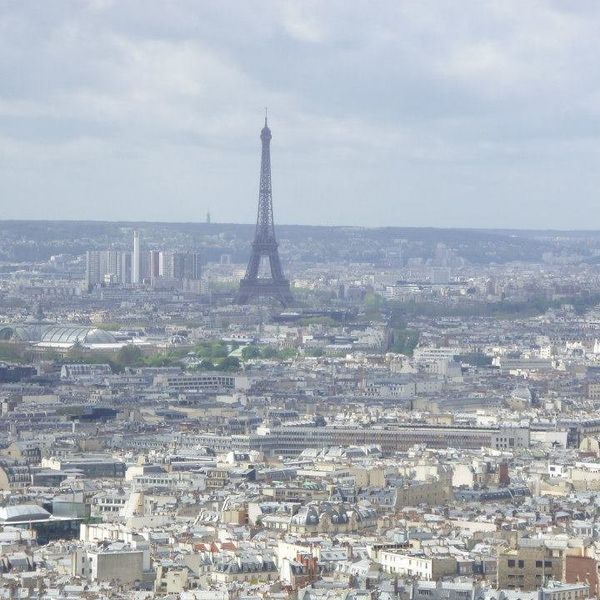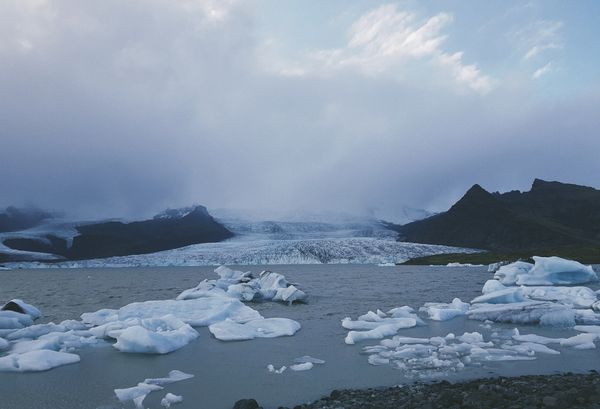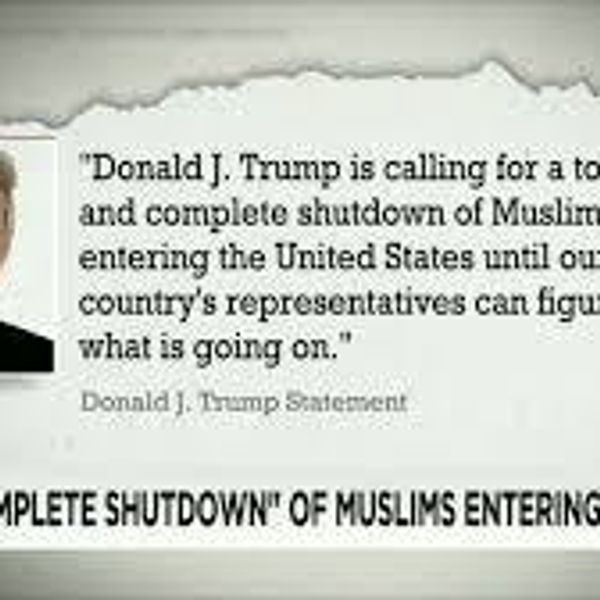I was with sitting with some other people in a friend’s dorm room in the south of France in November when one of my friends looked at his phone, then to the rest of us, and told us that there’d been a shooting in Paris. We spent the rest of the night watching the news, as the shooting became one of the deadliest nights in French history. We were all messaging friends to ask if their families were safe and desperately trying to contact a friend of ours who was in Paris. He came back home safe the next day, unlike so many other people. A few people from home who knew I was living in France asked if I was OK, and I told them yes, I was far from Paris. When I came back home for winter break and talked to people about being in France, plenty of them asked, “So were you there when there were the attacks in Paris?” I told them yes, but explained to them that I lived far away from where the attacks happened, in the south along the Riviera close to the border with Italy. Terror seemed far away from where I was. Now, it’s arrived at my doorstep.
When I first moved to France for school, Nice is the first place I arrived. And slowly but surely, through the people I met and the beauty of the landscape and cities around me, the little stretch of the southern coast of France became a sort of home, Nice became a place to enjoy nights out, to dance and sing with friends, to explore, to experience. And now 84 people are dead, killed celebrating their country’s independence. 84 people, and so many of them children, just out to enjoy fireworks. Nobody I know had been hurt, but the comfort that comes from knowing everyone is safe is complicated by the pain and utter helplessness one tends to feel at a moment like this.
First, of course, there’s the simple inability to understand why this happened. How many more people have to die and how many problems have to keep going unsolved for maniacs like this to realize that things don’t get done this way, that murdering innocent people is not going to create any productive change? How can someone view human life as something so cheap? There’s plenty of discussion around issues of assimilation, segregation, and prejudice in French society, but what does an act like this change? Who did this benefit? What on Earth goes through the mind of someone who drives a truck through a crowd of people with the intent of doing as much harm as possible? These questions are all the more frustrating because there is an urgent need to answer them. If we know why, then maybe changes can be made. But in the immediate aftermath of an attack like this, the “why “ just seems to be evil. Someone did this because at a certain point in their life, the defining point in their life, they became evil. And evil is going to exist as long as good exists. It may be a cop out to say that it was evil and insanity that ended so many lives in Nice, but when I see pictures of the streets I walked with my friends in news stories of a terror attack, it feels like the only logical explanation.
There’s the horror too. The horror of seeing the places I recognize as happy, beautiful parts of a great city scarred by the terrible thing that has happened there. But then you realize that these places are going to return to being, and remain, happy and beautiful far longer than they will be places of death. In about a month I’ll return to the south of France, and my friends and I will still take the train to Nice, we’ll still spend weekends exploring the city and going to bars, and plenty of other people will do the same. That is how we must respond to something like this. That’s the way we can give a huge, communal middle finger to the murderer who tried to turn something beautiful into something horrific; we’ll continue to let it be beautiful. The only way to fight people who want only death is to be the living, and to do so with joy and defiance. For now, there is sadness, but time is on the side of those who refuse to live their lives in fear.





















